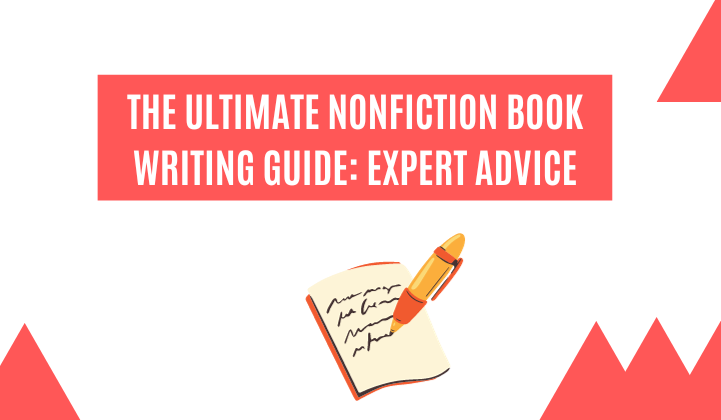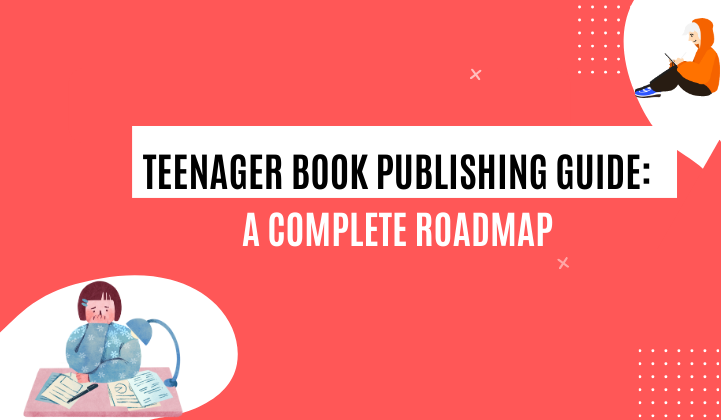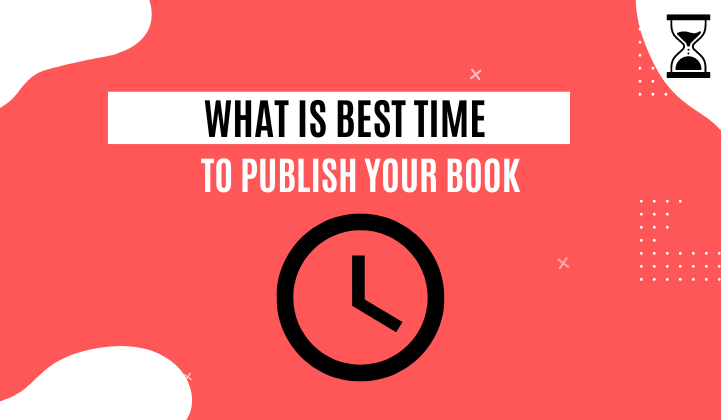How to copyright a book in India: A Quick Guide
This article will explain how to copyright a book in India and how can use Copyright to protect a book. While the procedure for copyrighting a book in India may be simple, the nature of copyright protection is intricate. Before releasing a book, an author looks into copyright registration.
What is a copyright for a book?
To copy a work is to have a copyright. With Copyright, a work can only be duplicated with the owner’s consent, allowing the owner control over how and when others may use it. By prohibiting booksellers from purchasing one copy of a book, duplicating it, and then selling the duplicates to their customers, copyright law makes it simpler for authors to profit from the sale of their publications. Copyright, however, only stops other people from stealing your work. It is difficult to demonstrate infringement unless you can demonstrate that someone read your book.
If you are looking for help to copyright your book contact us.
How can Copyright protect a book?
It refers to how a book is protected by Copyright. Authors are put in a position of safety and protection by Copyright. Copyright prevents retailers from manufacturing copies without the author’s consent, then selling them to customers. When buyers buy a book, they also get the author’s intellectual property, including the book’s Plot, characters, and location.
Copyright’s nature depends on the type of the book. For instance, there is very little copyright content in a phone book. It contains a short list of information. While a romance novel contains a large amount of copyright material, such as extra pages in the book, Copyright can also extend to the sequence of the Plot, characters of that specific story in it, or elements of the broader world that it creates.
How to copyright a book in India?
You must register your Copyright to receive the full benefits of Copyright for a book. For the copyright owner, the constructive notice produced by the registration and that constructive notice is very significant.
Compared to alternative intellectual property protection methods, the copyright registration process is simple and inexpensive.
Here are a few stages involved in copyrighting a book in India.
1. Application Completion
An applicant must complete the copyright application form and submit it in the first stage, along with the required fee. I will use Either a DD or an IPO to apply.
A diary number will be generated and given to the applicant when the application has been lodged.
2. Review of the Application
There are at least 30 days after the application is filed for analysis and documenting any objections that can raise against the copyright application.
A. If there are no objections to the copyright application:
The application will be reviewed by an authorized examiner. Two possibilities result from the investigation:
A letter of disagreement is provided to the applicant if disagreement is discovered during the examination. The registrar holds a specific disagreement row hearing based on the applicant’s response. Extracts of the some are supplied to the applicant so they can review them after the dispute is resolved at the hearing to register the Copyright.
If there are no conflicts, the copyright application satisfies all applicable requirements for the Copyright. The application is then approved, and the registration process can begin. (If the application is rejected, the applicant will receive a letter explaining why.)
B. Should an objection be made:
If an application encounters an objection, the following steps are taken:
Authorities attempted to persuade these worried parties to retract their opposition by sending them two letters. The third party is allowed to respond, and the registrar holds a hearing. The process will develop depending on whether the registrar accepts the response.
If the application is approved, the protest will be dismissed. The application will be processed and sent to an authorized examiner for review. This security gives birth to two conflicting possibilities, as mentioned above.
Upon application rejection If the applicant receives a letter rejecting their application, the copyright process is over.
Registration
The registration completely depends on the registrar, as the preceding stages demonstrate. The applicant who obtained the Copyright and the owner of that Copyright can legitimately exercise all copyright rights once everything has been settled on the registrar’s end.
Copyright is a legal privilege granted to authors of literary, dramatic, musical, and artistic works, as well as producers of motion pictures, sound recordings, broadcasts on radio and television, and printed editions. These are all covered under copyright laws.
Required information for the registration of Copyright
Personal Information: The applicant’s name, address, and nationality are examples of personal information—the nature of the applicant, including his status as the application’s owner and representative.
Work Information: The work’s nature is indicated by its class, description, and title. The application should specify the language of the work.
Date of Publication: It is best to note when the article first appeared in interval magazines.
Conclusion
Above all, this information on how to copyright a book in India will assist you in registering your book’s Copyright in that country. You can keep the details, characters, and fantastic story safe. Nobody can duplicate your talents. Only the original expressions you made in your work are protected by Copyright. It implies that the “expression of the concept” is protected by copyright laws.
If you want to copyright your book, let us know; we are here to serve you.
Contact Us Now







